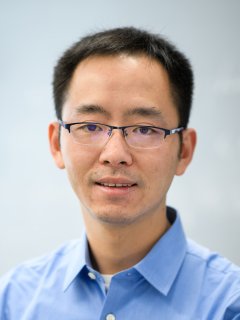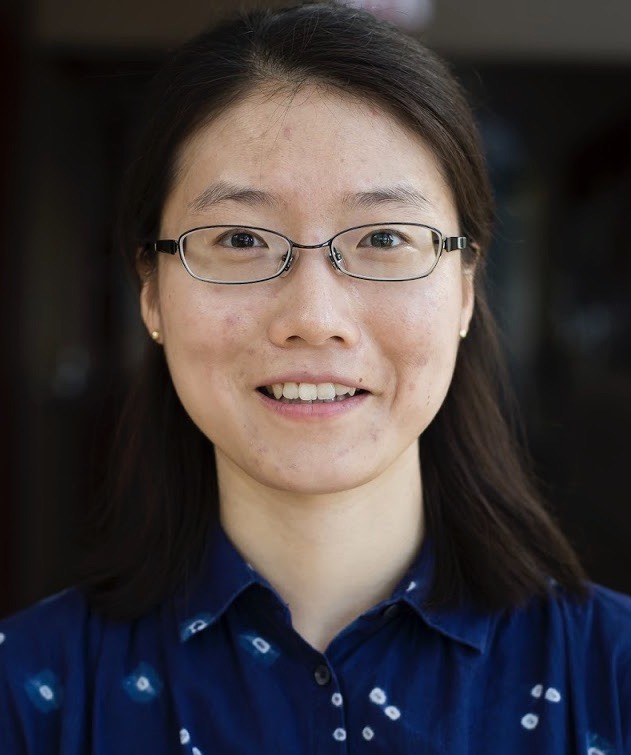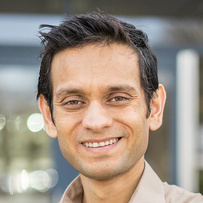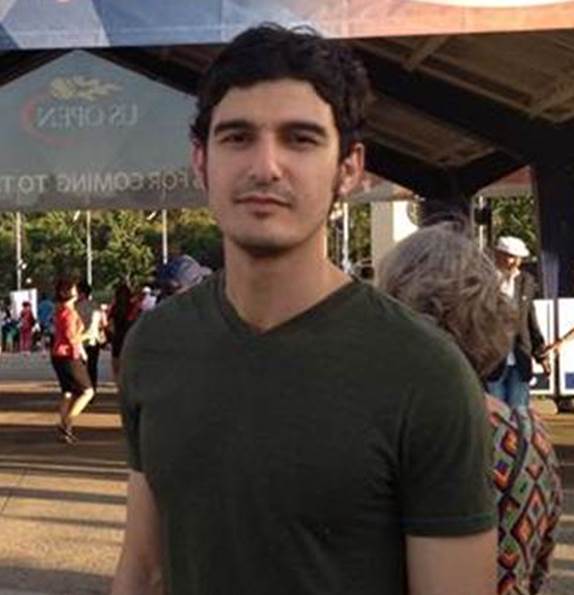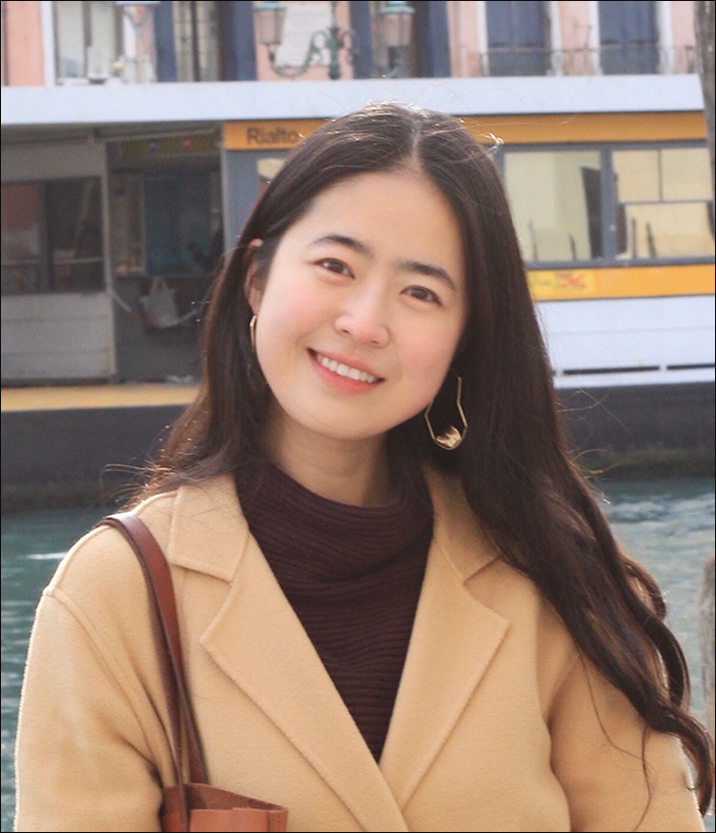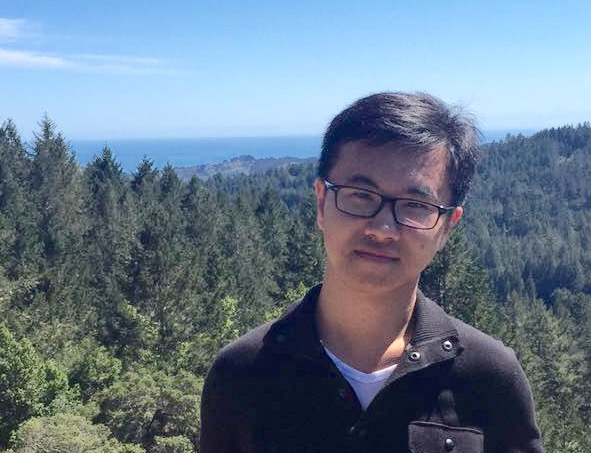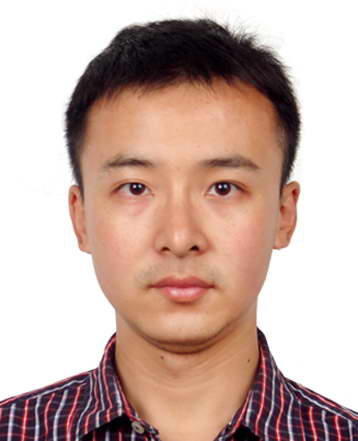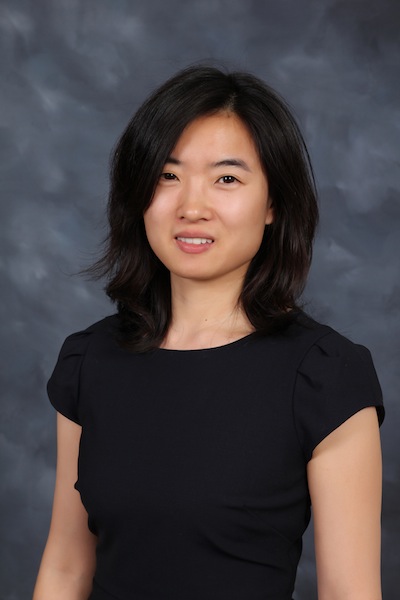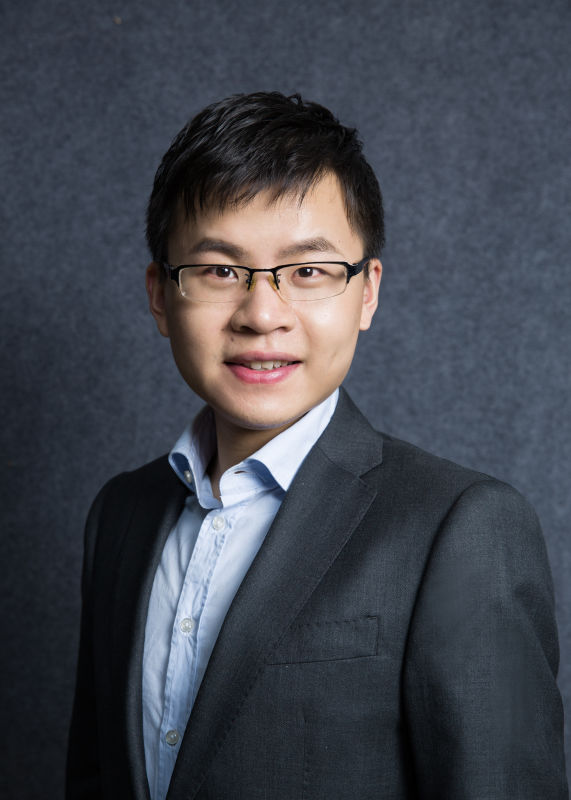
- Professor
- The University of Texas at Austin
- Title: Learning to Correct Form and Function with Reinforcement
- Abstract: All biological functions of life are determined by molecular forms. These dynamical events are sensed, directed and modulated by small and large molecules, often in clusters, reconfiguring to assume optimized form for targeted function. In this talk I shall explain how we mathematically interpret such lessons from nature, and adaptively train deep generative networks, to stably learn to correct form for optimized function, in a number of dynamical scenarios. We exploit the tight connections between discrete and continuous controllable dynamical systems and reinforcement learning. These characterizations are crucial for deriving feasibility and guaranteed convergence (stability), while accelerating the reinforcement learning process .
- Bio: Chandrajit Bajaj is the director of the Center for Computational Visualization, at the Oden Institute for Computational and Engineering Sciences and a Professor of Computer Sciences at the University of Texas at Austin. Bajaj holds the Computational Applied Mathematics Chair in Visualization. He is also an affiliate faculty member of Mathematics, Computational Neuroscience and Electrical Engineering. He is currently on the editorial boards for the International Journal of Computational Geometry and Applications, and the ACM Computing Surveys, and past editorial member of the SIAM Journal on Imaging Sciences. He was awarded a distinguished alumnus award from the Indian Institute of Technology, Delhi, (IIT, Delhi). He is also a Fellow of The American Association for the Advancement of Science (AAAS), Fellow of the Association for Computing Machinery (ACM), Fellow of the Institute of Electrical and Electronic Engineers (IEEE), and Fellow of the Society of Industrial and Applied Mathematics (SIAM). He has won the University of Texas Faculty research award, the Dean Research Assignment award, and also thrice won the University of Texas, Institute of Computational Engineering and Sciences, Moncreif Grand Challenge research award.
- Personal Page







